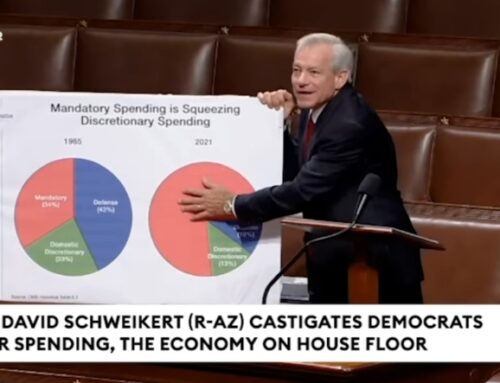Far from being an effective measure that protects anyone but the banks, the Senate’s Financial Reform Bill is itself a testament to the power of money. Two thousand banking lobbyists descended on Washington to ensure that any effective restrictions on banks’ power and guaranteed profitability were stripped away. They succeeded.
The bill does virtually nothing about ending “too big to fail.” Senator Russ Feingold said:
The bill does not eliminate the risk to our economy posed by ‘too big to fail’ financial firms, nor does it restore the proven safeguards established after the Great Depression, which separated Main Street banks from big Wall Street firms and are essential to preventing another economic meltdown. The recent financial crisis triggered the nation’s worst recession since the Great Depression. The bill should have included reforms to prevent another such crisis. Regrettably, it did not.
The Senate bill gives the Federal Reserve vastly expanded power. Our old friend the Fed: the same group of geniuses who blew the tech bubble, then blew the housing/credit bubble to reinflate that one when it popped, and who are now desperately trying to blow another one to reinflate the last one. These same brilliant managers of the economy who can’t help but machine-gun the middle class every chance they get.
The bill also creates a new “Consumer Protection” department and puts it, too, under the auspices of the Federal Reserve. How will this new department be “protecting” consumers? Apparently, by spying on us. The following is from CNSNews.com (click here to read full article):
The bill, if it becomes law, would create the Bureau of Consumer Financial Protection and empower it to ‘gather information and activities of persons operating in consumer financial markets,’ including the names and addresses of account holders, ATM and other transaction records, and the amount of money kept in each customer’s account.
The new bureaucracy is then allowed to ‘use the data on branches and [individual and personal] deposit accounts … for any purpose’ and may keep all records on file for at least three years and these can be made publicly available upon request.
Wow! I feel safer already! And with the Fed on the job, I’m sure this will turn out just fine.





